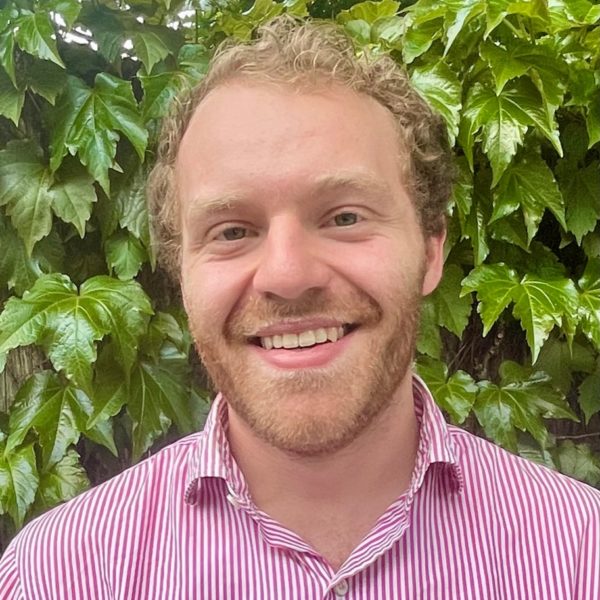Exploring Transitional Justice in Morocco at New Lines Institute
By Alex Kochenburger, MALD 2023
Supported by the Fares Center’s Summer Fellowship, I spent last summer with the Analytical Development team of the New Lines Institute for Strategy and Policy in Washington, D.C. The internship not only allowed me to pursue my own research on transitional justice efforts in Morocco, but also to advance New Line’s organizational mission and approach to strategic analysis.
Since its founding several years ago, New Lines has sought to publish research and analysis on the Middle East and North Africa that highlights human security concerns, geopolitical dynamics, and deep subject matter expertise. While New Line’s work is now global, the organization retains a specific emphasis on human security issues affecting the Middle East, North Africa, and Muslim communities world-wide.
During my internship, I helped solicit content from external contributors, edit and review submissions, and refine the organization’s framework for analysis and publication. Throughout the summer, I reviewed and supported pieces that addressed a wide variety of issues – Gulf interference in the Maghreb, Russian’s “urbicide” in Ukraine, aid diversion and corruption in Syria, Tunisia’s migrant crisis, and the exclusion of Palestinians from Israeli-Jordanian climate diplomacy. These pieces were written primarily for an audience of U.S. and international policymakers, and also sought to break out of the traditional, securitized lens through which the Middle East and North Africa is often analyzed in U.S. foreign policy.
Aside from these responsibilities, I also researched and published an article on Morocco’s truth and reconciliation commission, which operated from 2004-2006. The Equity and Reconciliation Commission, as it was named, was charged with investigating forced disappearances, arbitrary detention, and other human rights abuses that took place under Hassan II’s rule of Morocco (1961-1999). The aspiration underlying the commission’s founding was that its open review and investigation of state-sponsored human rights abuses would not only have symbolic value, but also culminate in a series of recommendations for reform that would improve the rule of law and respect for human rights in the kingdom.
My article argued that as is often the case in authoritarian states, Morocco’s truth and reconciliation commission was severely constrained by the regime and did not lead to an earnest reform effort. Instead, the commission did more to project a veneer of reform that the kingdom wielded to improve its international image and placate internal tensions. While authoritarian environments will inevitably prove challenging for transitional justice measures, there are a number of ways that policymakers can support these efforts. I discussed a few ideas in my article, including creating follow-up committees to truth and reconciliation commissions that can track – and advocate for – the implementation of recommendations over the long term.
Overall, my time at New Lines strengthened my research, writing, and analytical skills while enabling me to contribute to policy analysis on the Middle East and North Africa region, and the world, that was both original and human security in focus. I am grateful to the Fares Center for making this summer – and my work – possible.

